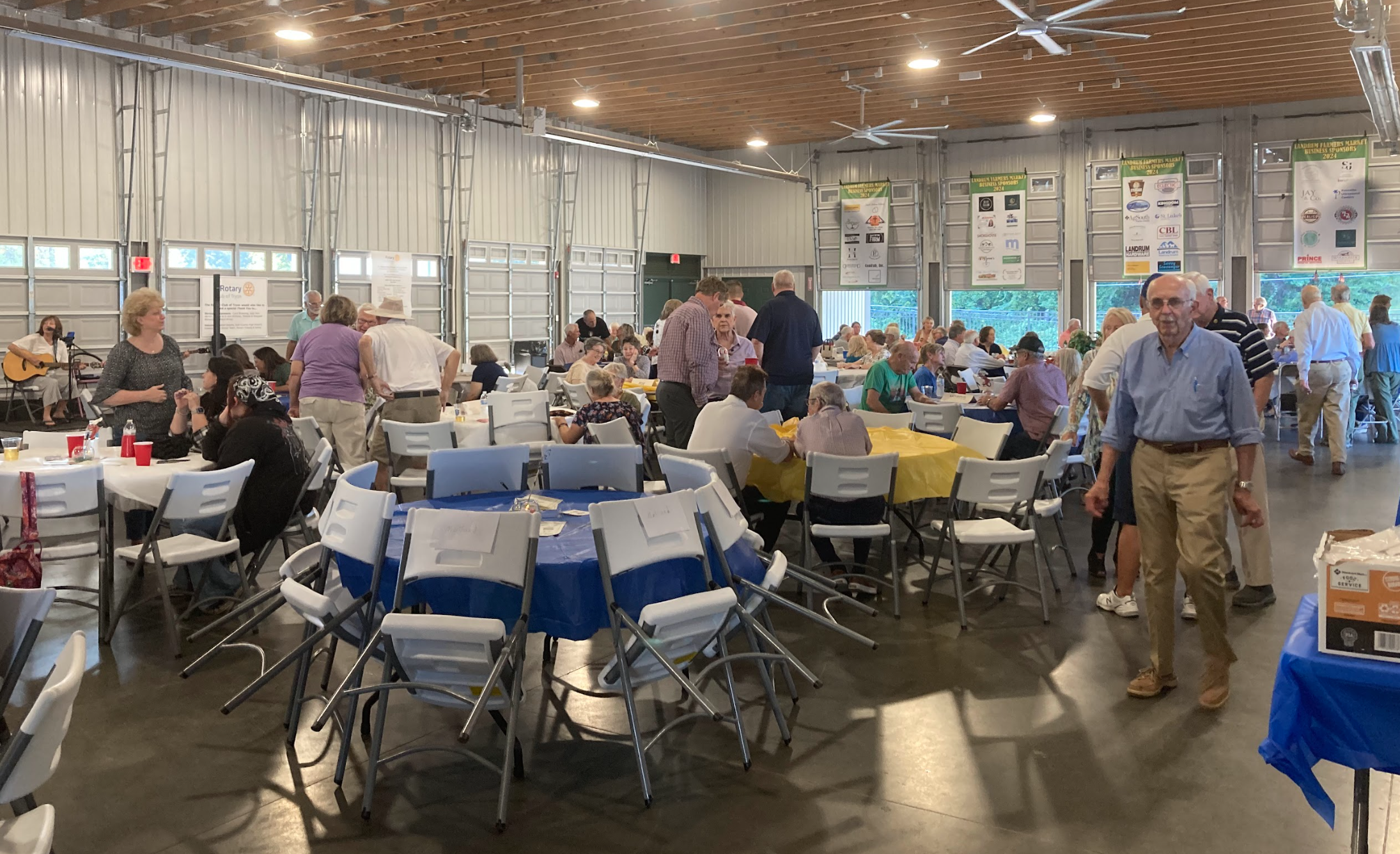Recalling older Dark Corner Christmas superstitions
Published 10:00 pm Tuesday, December 22, 2015
Before soldiers returned to the mountains of North and South Carolina, Tennessee and Kentucky after World War I, and related how Christmases were celebrated in other places in the world, a great number of Appalachian superstitions were held about the holiday. Many of them were part of Dark Corner celebrations.
Some had their beginning in religious pageantry, but quite a number of them derived from purely pagan beliefs and practices.
A recent discussion with two long-standing friends from the Dark Corner brought back to present memory quite a number of these older superstitions that surrounded Christmas Eve, Christmas Day (Dec. 25), New Year’s Eve, and Old Christmas Day (Jan. 6). These included:
Trending
A crowing rooster on Christmas Eve scares away evil spirits. So does shooting guns or setting off fireworks. This idea gave rise to repeating Thanksgiving turkey shoots on Christmas Eve.
Animals kneel at midnight on Christmas Eve as they did beside the manger in the stable when Jesus was born. They also talk during this time, but it is bad luck to hear them doing it.
Trees and plants bloom on Christmas Eve but few people see them do it.
Single girls who visit a hog pen at midnight on Christmas Eve can find out the kind of man they will marry. If an old hog grunts first, she will marry an older man. If a young shoat grunts first, her husband will be young and handsome.
If you sit under a pine tree on Christmas Day, you can hear angels sing. Don’t listen for it, though, because if you hear them, you will be on your way to heaven before next Christmas.
Christmas Day visits to neighbors’ houses require that you eat a piece of pie with them to ensure good luck in the New Year.
Trending
Being visited by twelve neighbors on Christmas Day ensures good luck for the whole next year.
It is bad luck for a cat to meow on Christmas Day. If it does, evil spirits will visit the house every day of the new year.
Christmas Day dawns an hour earlier than normal, which causes elderberry, poke berry and other plants to bud and sprout. Then, the earth is plunged into long periods of darkness and the plants wilt until spring.
Christmas Day weather forecasts the kind of weather you can expect for the rest of the year. A warm Christmas foretells a cold Easter; a green Christmas means a white Easter; and a windy Christmas ensures you will have a good corn crop.
To hear the chirp of a cricket on the hearth is a good luck omen for the coming year.
Cakes and breads that are baked on Christmas Day have special healing virtues. Some folks preserve them for use in curing illnesses during the coming year.
Coals and ashes from the Christmas fire should never be thrown out that day, and no coal of fire or light should be given away, because these coals represent spirits of departed kinsmen who have guarded the home during the holiday.
Christmas trees must never be removed before January 2, but must be down before January 6 or bad luck will follow.
Eating an apple as the clock strikes midnight on New Year’s Eve brings good health in the new year.
Bees hum from dusk until dawn on old Christmas Day (Jan. 6). Some folks say they hum the 100th Psalm, then come out of the hive at midnight and swarm like they do in summer.
Children born on January 6 are special and often develop powers for healing the sick.
While these and other superstitions are comical in our modern day, scientific environment, they remain colorful reminders of our Appalachian mountain heritage.





